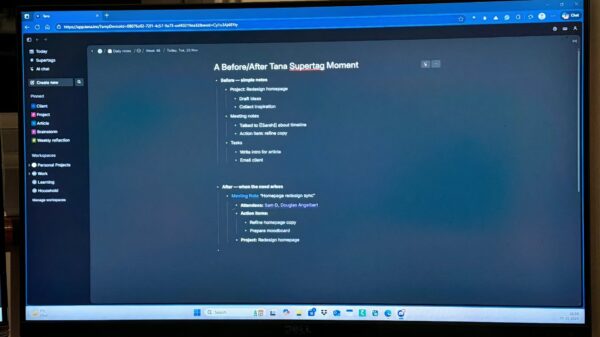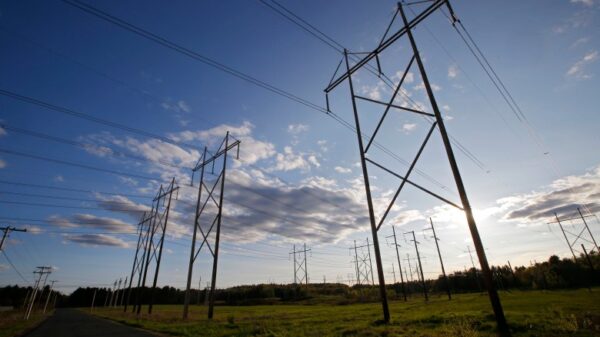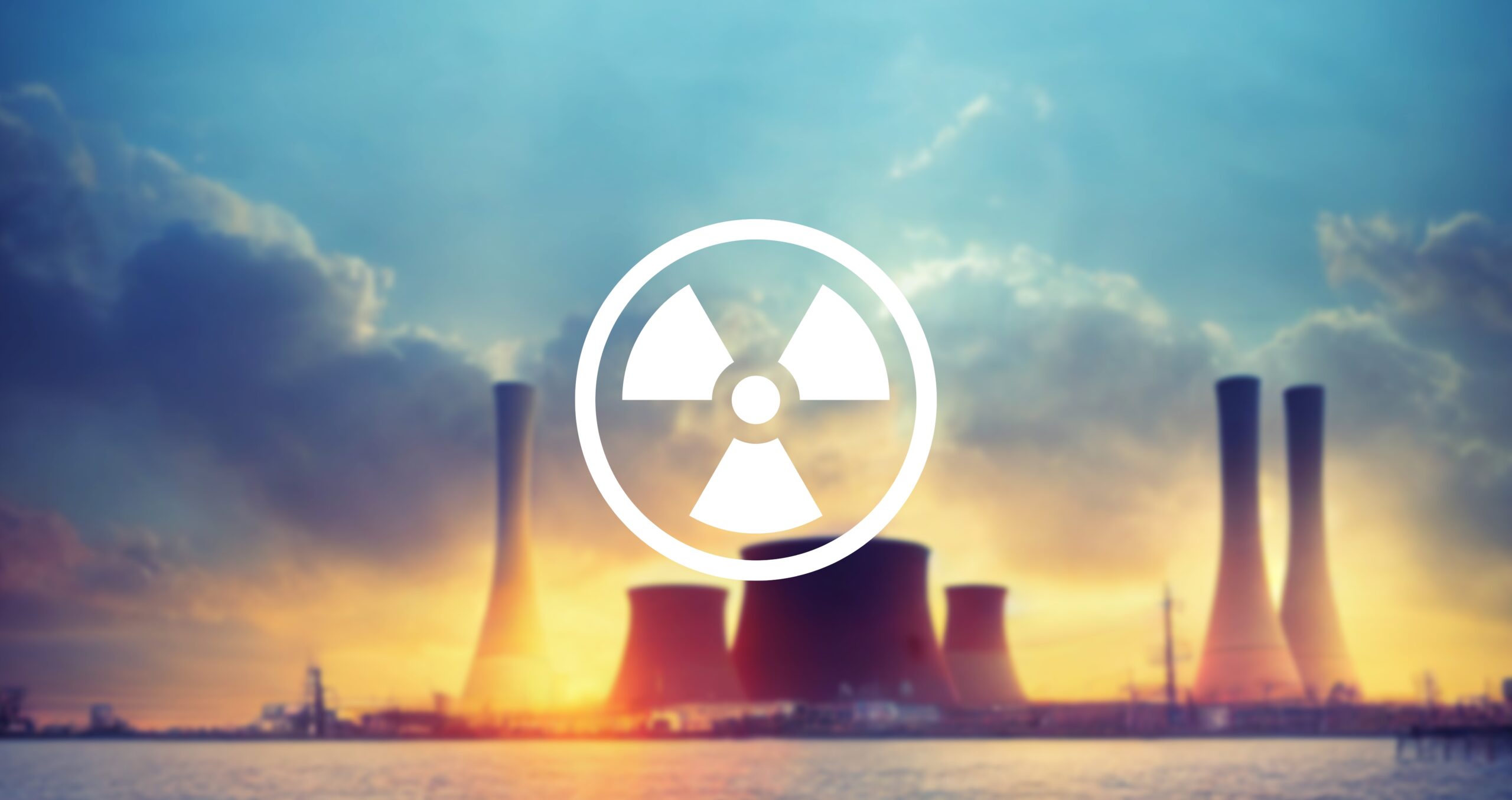The United States is re-evaluating its approach to nuclear fuel reprocessing, a topic that has generated debate for decades. On October 8, 2025, the discourse shifted as the Trump administration signaled a renewed interest in reprocessing spent nuclear fuel, raising issues surrounding proliferation risks, technological competitiveness, and energy security. This marks a significant pivot from previous U.S. policies that largely avoided reprocessing due to concerns over nuclear weapons proliferation.
Historically, reprocessing spent nuclear fuel and extracting plutonium has been viewed as a contentious issue within U.S. nuclear policy. The U.S. has oscillated between support and opposition to reprocessing practices, often driven by national security concerns. While the Trump administration appears ready to lift this long-standing taboo, careful consideration is necessary to navigate the implications of such a policy shift.
Nuclear Proliferation Risks
The primary concern regarding nuclear fuel reprocessing is its potential to contribute to nuclear weapons proliferation. Traditional methods of reprocessing yield a highly pure stream of plutonium, suitable for weaponization. Although the U.S. has historically discouraged reprocessing overseas, it has allowed limited domestic experimentation and overlooked allied activities. Countries like France, Russia, and India maintain operational reprocessing plants, while Japan has faced technical and political hurdles with its own facility. Since 1978, the U.S. has permitted Japan to reprocess spent nuclear fuel of U.S. origin.
Domestically, the U.S. has engaged in pyroprocessing, a variant of traditional reprocessing, at the Idaho National Laboratory. This method has been utilized since 1996 and is part of a joint study program with South Korea to explore the separation of spent light-water reactor fuels. Recent discussions at the August 2025 U.S.-South Korea summit reinforced the importance of nuclear cooperation, including potential advancements in reprocessing technology.
The Biden administration has allocated significant funding for reprocessing research and development, backing initiatives from advanced reactor companies such as TerraPower and Oklo. Notably, it did not oppose Canada’s support for Moltex Energy’s nuclear fuel recycling technology, indicating a growing acceptance of reprocessing within North America.
Technological and Policy Challenges
The intersection of proliferation concerns and technological advancements presents a complex landscape for U.S. policymakers. As nuclear power gains traction for enhancing global energy security and combating climate change, the need for a careful balance between competitiveness and safety has become increasingly urgent. The Trump administration’s push to bolster American nuclear capabilities must consider the potential implications of reprocessing on international non-proliferation norms.
Currently, approximately 560 metric tons of plutonium have been separated globally, with an estimated 140 tons available for weapons purposes. The International Atomic Energy Agency indicates that as little as eight kilograms of plutonium is sufficient to create a crude nuclear device. U.S. research has demonstrated that even reactor-grade plutonium can be weaponized, complicating the narrative that reprocessing can be carried out safely without increasing proliferation risks.
Pyroprocessing has been touted as a less proliferation-prone alternative, utilizing an electrometallurgical technique to dissolve spent fuel. This method potentially yields less pure plutonium and uranium, mixed with other nuclear waste products. While some argue that pyroprocessing could be a safer approach, concerns remain regarding its ultimate safety and effectiveness.
The renewed interest in reprocessing is largely driven by the ambitions of advanced reactor companies. They assert a commitment to preventing nuclear proliferation and emphasize the need for robust safeguards. Currently, there are no indications that companies are interested in using plutonium outside of reactor fuel, nor is there a push for establishing reprocessing plants internationally.
As the U.S. considers re-engaging with reprocessing technologies, there is significant concern about setting a precedent that could encourage other nations to adopt similar practices. While the U.S. has historically wielded influence over global nuclear standards, its declining role as the dominant supplier of nuclear technology complicates this dynamic. A 1976 memorandum to President Gerald Ford noted that the U.S. leverage on nuclear controls was diminishing alongside its market share.
Geopolitical and Economic Implications
The evolving landscape of nuclear energy is intertwined with the geopolitical competition among the U.S., Russia, and China. Allowing these nations to dominate the global nuclear market poses significant political and security risks. Both nations operate under different nuclear security standards than the U.S., which could lead to instability.
For non-aligned and developing countries seeking nuclear energy, financial incentives offered by Russia and China may outweigh the benefits of partnering with U.S. suppliers. The Trump administration’s nuclear policy lacks a clear financing strategy for nuclear expansion domestically and abroad, which could further hinder U.S. competitiveness.
Positioning the U.S. as a responsible nuclear supplier is crucial for gaining traction in emerging markets. Nevertheless, without a robust financing plan, such efforts may fall short of achieving substantial influence in the global nuclear landscape.
As the United States navigates the complexities of nuclear fuel reprocessing policy, it must weigh the potential benefits against the risks of proliferation and international precedent. The outcome of this reconsideration will not only affect U.S. energy security but also its standing in the global nuclear community.






































































